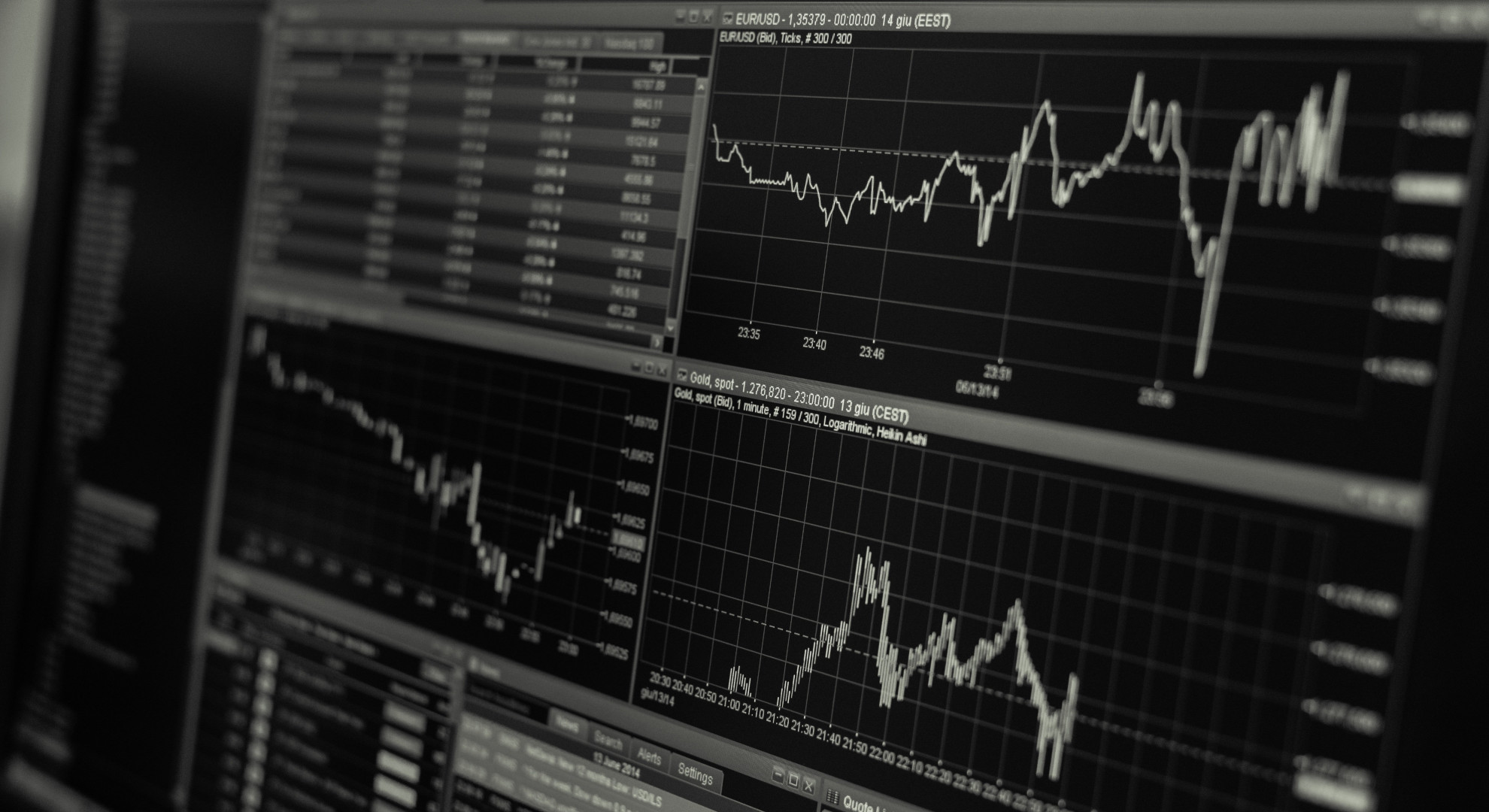Overview – Department of Economics
The Department of Economics, now composed of a group of 15 teachers-researchers (including 4 professors) and 2 associate professors, is part of this story, which sheds light on its smaller number of teachers-researchers by comparison with the other two disciplines and its voluntarism to adapt its training offer and its research to the major contemporary issues.

© Université Paris Cité
Its training offer is now composed of the Economics and Society licenses, MIASHS, the double license Economy-Geography, as well as the Master’s degrees Studies, Consulting and Intervention (MECI), Analysis and Economic Policies (APE), and the Master’s degree in Erasmus+ Economic Policies for the Global Transition (EPOG).
The heterodox perspective in which the economics department has been formed and developed since its origins remains a strong marker of the specificity of the training and research conducted by this collective.
The existence of economics courses dates back to the creation of Paris 7 in 1970, legitimized from the outset by the project to build a large university of higher education and research based on pluridisciplinarity.
It is within the framework of the UFR of Geography, History and Social Sciences (GHSS) that these courses of economics were integrated into the courses of history and geography (the department of social sciences having quickly emancipated itself from the component to form an autonomous UFR).
History of the Economics Department
Originally, the economics collective, formed by Suzanne de Brunhoff, consisted of two assistants and lecturers. It has been gradually broadened by the integration of new full-time colleagues as new curricula have been created in which the economy played a pivotal role: licence of Economic and Social Administration (AES) and Bachelor of Applied Mathematics in the Social Sciences (MASS) in the early 1980s.
Following the arrival of Michel Beaud in the early 1990s, the AES licence was transformed into a bachelor’s degree in economics and a master’s degree was founded – as for the DEA, developed in collaboration with the economists of Paris 8 a few years earlier, it was about the global economy and development. These developments definitely marked the anchoring of economists as a department and third component of the UFR GHSS, even if the latter waited more than twenty years to change its name to Geography, History, Economy and Societies (GHES).
